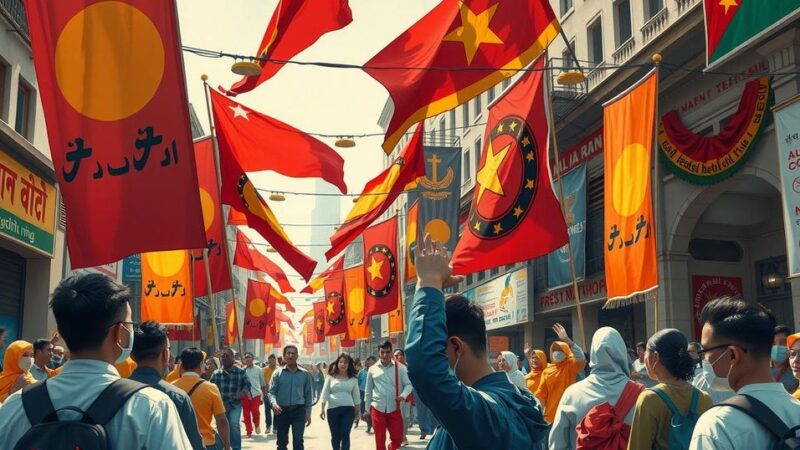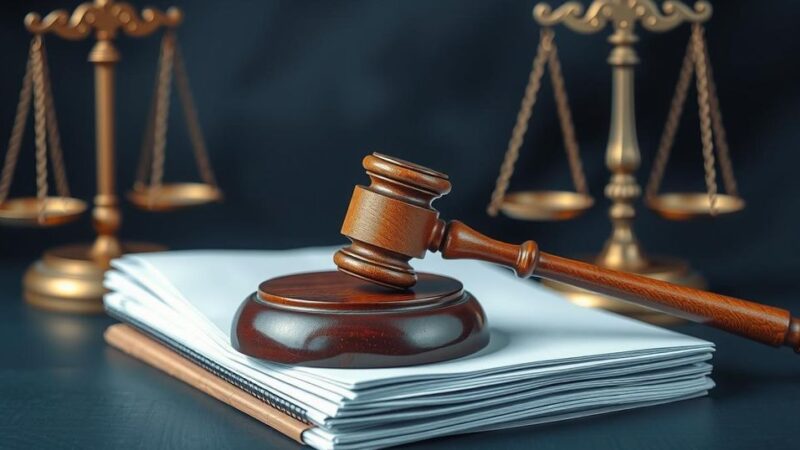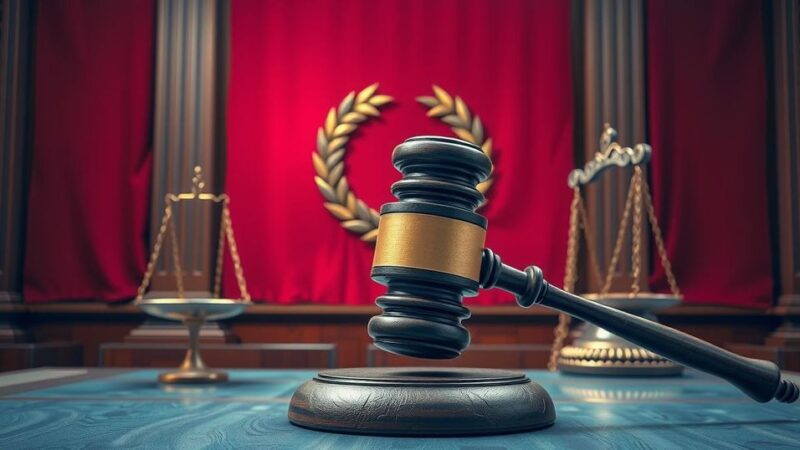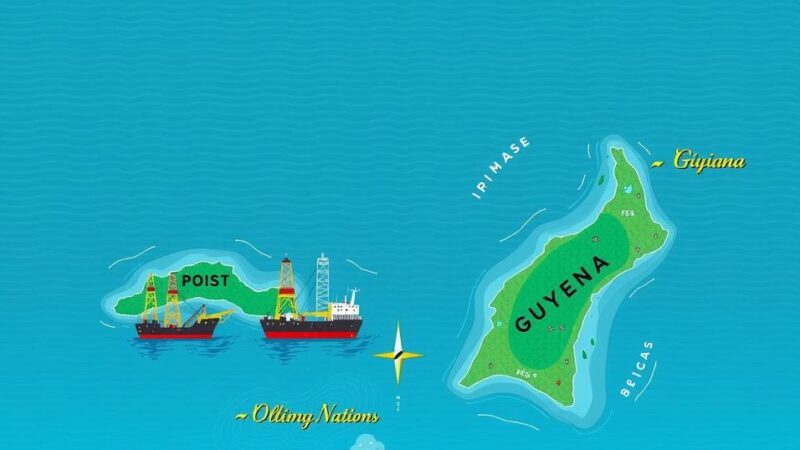Rivers State faces severe political upheaval marked by the suspension of its governor and lawmakers, prompting a state of emergency declared by President Tinubu. This maneuver aims to curb escalating conflicts between political rivals while contending with an oil disruption from a recent pipeline explosion. Opinions on the emergency rule vary, with debates surrounding its necessity versus potential infringement on democracy, as Rivers State continues to grapple with instability.
Rivers State, renowned for its oil wealth, has been embroiled in political turmoil, culminating in a state of emergency declared by President Bola Ahmed Tinubu on March 18. The recent crisis involves the suspension of Governor Siminalayi Fubara, his Deputy, and 27 lawmakers, alongside the appointment of a military administrator, which has heightened uncertainties across Port Harcourt.
The political landscape has long been dominated by power struggles, particularly between former allies Fubara and Nyesom Wike, the Minister of the Federal Capital Territory (FCT). Their rivalry has paralyzed governance and turned the state assembly into chaos, leading to threats of impeachment and drastic actions that prompted Tinubu’s intervention.
Speculation surrounds the recent explosion at the Trans Niger Pipeline, which occurred amid the political upheaval, disrupting crude oil flow and posing a significant economic threat. The timing of the blast raises questions about sabotage or the desperation of political players, yet accountability remains elusive.
President Tinubu justifies the imposition of emergency rule as a necessary measure to restore order, as per Section 305 of the Constitution, which empowers him to suspend democratic governance in favor of military oversight. With retired Vice Admiral Ibok-Ette Ibas now in charge, opinions on this decision vary widely.
Supporters of the emergency rule view it as essential for breaking the deadlock, while critics denounce it as an unconstitutional overreach, with the Nigerian Bar Association and figures like Peter Obi publicly expressing disapproval. Amid this uncertainty, the public in Rivers State shows concern over the visible military presence and the potential long-term implications of such governance.
Past efforts by Tinubu to mediate between Fubara and Wike have been unsuccessful, as entrenched political dynamics favor control over collaboration. With the Niger Delta’s oil infrastructure repeatedly targeted, a comprehensive economic strategy is vital to address the underlying issues of poverty and unrest.
The continuing state of emergency raises fundamental questions about the future of governance in Rivers State. Residents anxiously await whether Tinubu’s intervention will yield lasting peace or merely serve as a temporary consolidation of power. The struggle between political ambition and genuine governance continues, casting doubt on who is truly advocating for the interests of Rivers State.
Ultimately, achieving peace demands more than mere military presence; it necessitates a concerted effort for negotiation and compromise among the region’s political actors. The clarity of intentions in this intricate political scenario remains critical in determining what lies ahead for Rivers State.
In summary, President Bola Ahmed Tinubu’s declaration of a state of emergency in Rivers State reflects the ongoing political turbulence and conflicts within the state. While supporters view it as necessary to restore order, critics argue that it undermines democratic processes. With the backdrop of a significant explosion disrupting oil production, the future stability of Rivers State remains uncertain. Ultimately, the success of this intervention will depend on addressing deeper socio-economic issues and fostering true collaboration among political factions.
Original Source: prnigeria.com






